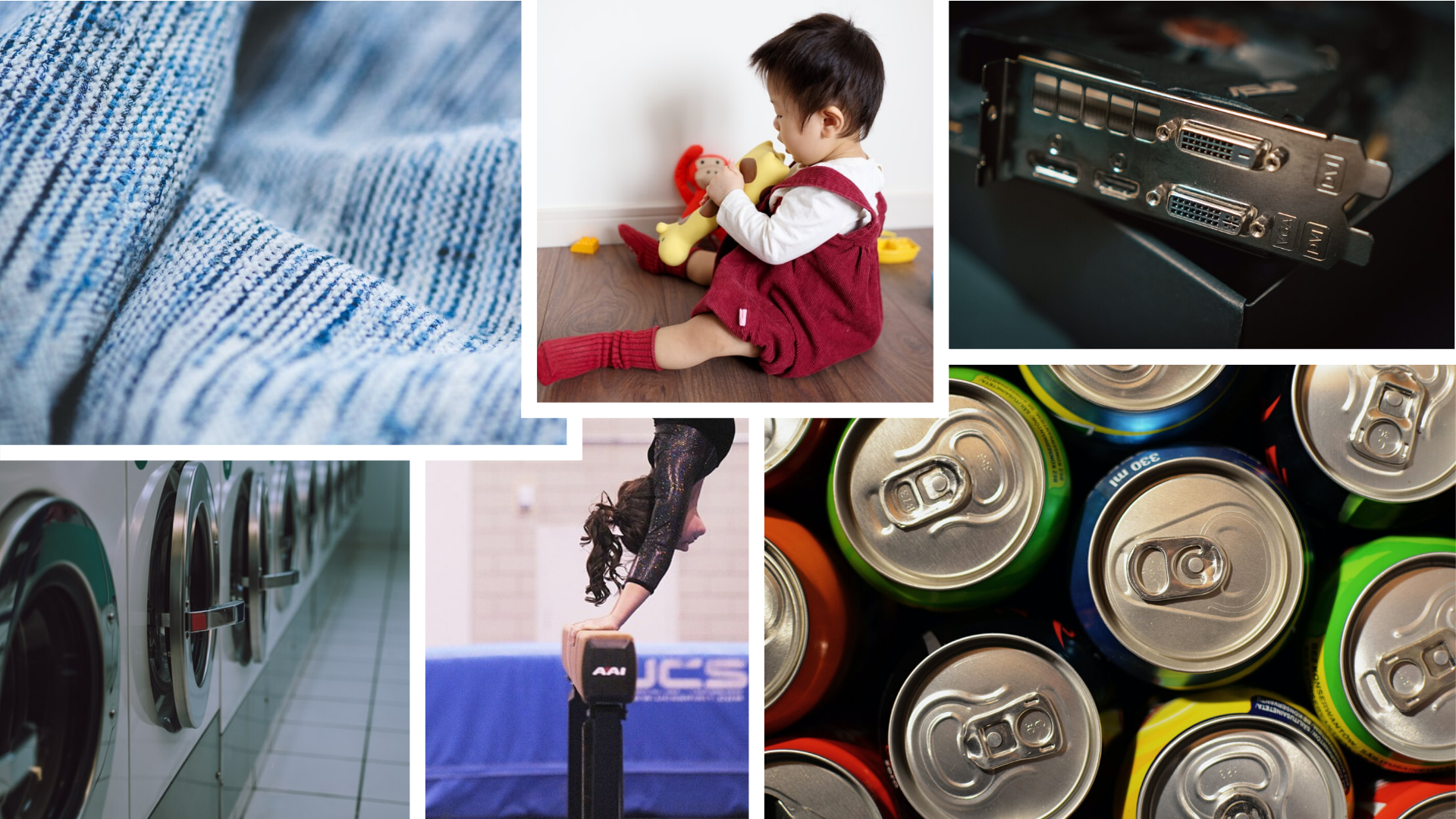Following a 2019 state law aimed at keeping toxic chemicals out of consumer products, the Washington Department of Ecology last week submitted its report to the Legislature that outlines 11 consumer products that need further study and potential regulation. These products could be hazardous to human health and the environment.
The draft report, made public in January 2020, was amended after a 45-day public comment period to include additional products suggested by consumers. Products on that list include paints, printer inks, laundry detergents, and beauty supplies, among others.
“I’m grateful to the residents and community groups who provided feedback on the draft list of products,” said Hazardous Waste and Toxics Reduction Program Manager Darin Rice. “We now have a much more robust list of potentially hazardous products to study, and we’re looking forward to feedback from lawmakers as we continue researching these products and chemicals.”
Rice added that the overwhelming theme of the public input was concern about exposure to toxic chemicals from consumer products. Ecology will use the public input as it works with industry to help move the market toward replacing toxic chemicals with safer alternatives.
The priority chemicals below are followed by examples of products that contain them:
- Flame retardants
- Electric and electronic enclosures (device casings)
- Recreational foam products
- PCBs (polychlorinated biphenyls)
- Paints and printing inks
- PFAS (per- and polyfluoroalkyl substances)
- Carpet and rugs
- Leather and textile furnishings
- Aftermarket treatments for textile and leather
- Phenolic compounds
- Food cans
- Thermal paper
- Laundry detergent
- Phthalates
- Vinyl flooring
- Personal care and beauty products (fragrances)
Ecology’s next steps will be to look for safer, feasible alternatives to these priority chemicals. This proposed list of products will be final at the end of the 2021 legislative session.


